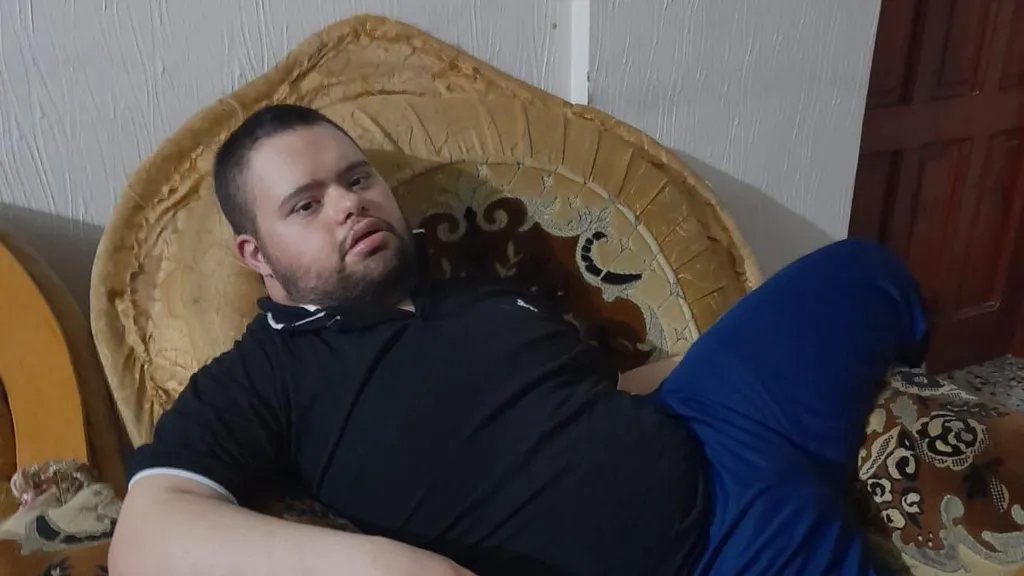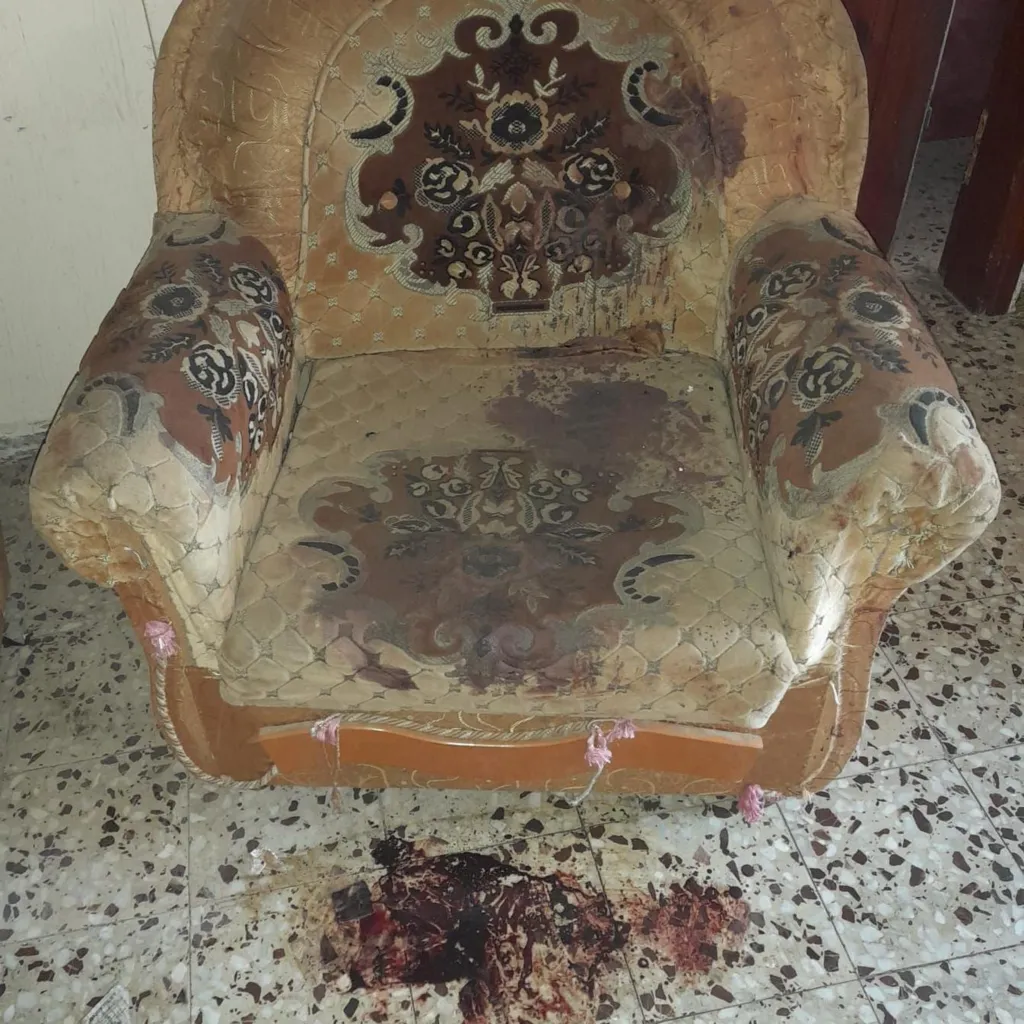Unexploded Israeli missile used against Israeli tanks: War monitors
Hamas fighters have claimed they recovered an unexploded Israeli missile and used it to target two Israeli tanks in Gaza City’s Tal al-Hawa neighbourhood causing casualties, defence think tanks monitoring the war have reported.
The Institute for the Study of War (ISW) and the Critical Threats Project (CTP), both based in the US, said the use of the salvaged Israeli missile was the only attack reported by Palestinian fighters in Gaza City on Monday, after weeks of devastating ground operations by Israeli forces.
To the south of Gaza City, Palestinian Islamic Jihad (PIJ) fighters used mortar shells against Israeli unit deployed on the Netzarim Corridor and in southern Rafah city, PIJ and Al-Aqsa Martyrs Brigades fighters fired rocket-propelled grenades, thermobaric shells and mortars at Israeli forces in the Yibna area.

A damaged Israeli tank being towed by a tracked military vehicle in Israel close to the Gaza Strip on July 9
Body, two injured people recovered in al-Nafaq Street, Gaza City
A body and two injured people have been recovered after Israeli forces targeted an apartment in al-Nafaq Street in Gaza City, ambulance and emergency services have said.
Meanwhile, in the central Gaza Strip, our colleagues on the ground report that the number of people killed in Israeli raids has risen to 35.
Footage shows destruction at Gaza aid distribution site in the wake of Israeli attack
Video footage verified by Al Jazeera’s fact-checking agency Sanad has documented the impact of the Israeli air attack on the UNRWA-run Bureij refugee camp in central Gaza.
The air raid targeted a hospice distributing food to displaced people.
The footage showed people observing the damage in the bombed-out building that had a huge hole in the roof, collapsed side walls and cracks in the beams holding up the ceiling. A banner in front of the building identified it as a hospice.
Israeli army says it continues fighting in Rafah
The Israeli army says it continues to fight in the Rafah area in southern Gaza where it claims to have killed a number of fighters and destroyed tunnels and infrastructure belonging to armed groups.
The military report also said Israeli soldiers carried out military operations in the centre of the Strip, while the Israeli air force attacked about 40 targets, including sniper and observation posts, being used by fighters.
The military has repeatedly said that its attacks are aimed at Hamas targets. But UN officials, aid groups and witnesses argue that Israel consistently violates rules on avoiding civilian areas.
Number of people killed in Gaza rises to 38,713
At least 38,713 people have been killed and 89,166 wounded in Israeli attacks since the start of the war on Gaza, according to the latest update by the Health Ministry in the besieged and bombarded territory.





























































